The Sweeten Creek facility, which is anticipated to open in August, brings 38 additional acute behavioral care beds to Western North Carolina.


The Sweeten Creek facility, which is anticipated to open in August, brings 38 additional acute behavioral care beds to Western North Carolina.

Grazing goats are an increasingly popular means of eliminating invasive plants.
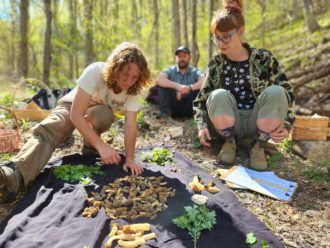
The thrill of the hunt keeps the morel pursuit engaging, frustrating and thrilling, all at once.

Joe Franco is a senior at UNC Asheville, majoring in international studies with minors in political science and environmental studies.

Anne Craig is an environmental activist.

Roger Helm is an instructor on global climate change at the Osher Lifelong Learning Institute at UNC Asheville.

“I knew that if I wanted my child to use whatever toy storage solution we had, it needed to be fun and like a game. “
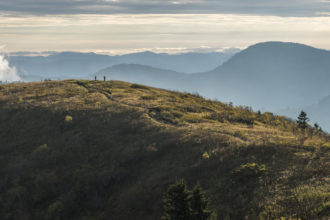
The latest Nantahala and Pisgah National Forests Land Management Plan was implemented last month and outlines land use for the next 20 years.

Simone Adams is the founder of Color My Outdoors, which works to change the outdoor narrative to celebrate people of color.

Marisha MacMorran first joined Food Connection in 2015 as a food donor partner. Today, she serves as the organization’s executive director.

McKee Thorsen, a senior prefect at Asheville School, shares ways people in WNC can promote sustainability.
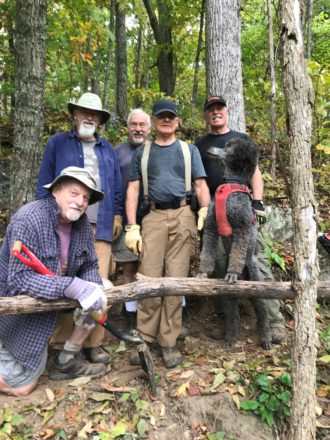
The passionate group of retired volunteers spent three years building the trail.

Jane L. Laping is a member of Asheville GreenWorks’ Oakley TreeKeepers.

Adam Edge, a senior at Martin L. Nesbitt Discovery Academy, shares his thoughts and concerns about the environment.

Allie Daum is a junior at UNC Asheville, where she serves as co-director of the Student Environmental Center.

“Most people are really good at bringing their own water bottle,” says Kathleen Hahn from DANCECLUB Asheville.
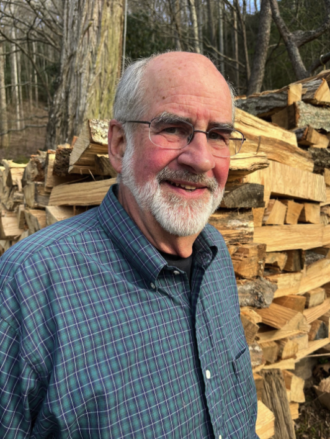
Monroe Gilmour is a community organizer based in Black Mountain.

Alison Ormsby is the director of sustainability and lecturer in environmental studies at UNC Asheville.
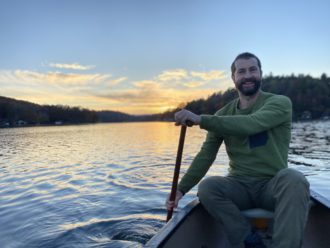
Hartwell Carson has served as a French Broad Riverkeeper with MountainTrue for over a decade.

Dareck B. Luebbert is a senior at Mars Hill University. He is the co-leader of the university’s Environmental Actions Club and is passionate about bringing awareness about environmental issues through social media.

The Warren Wilson College professor profiles one woman in each U.S. state who’s making a difference on the environmental front.